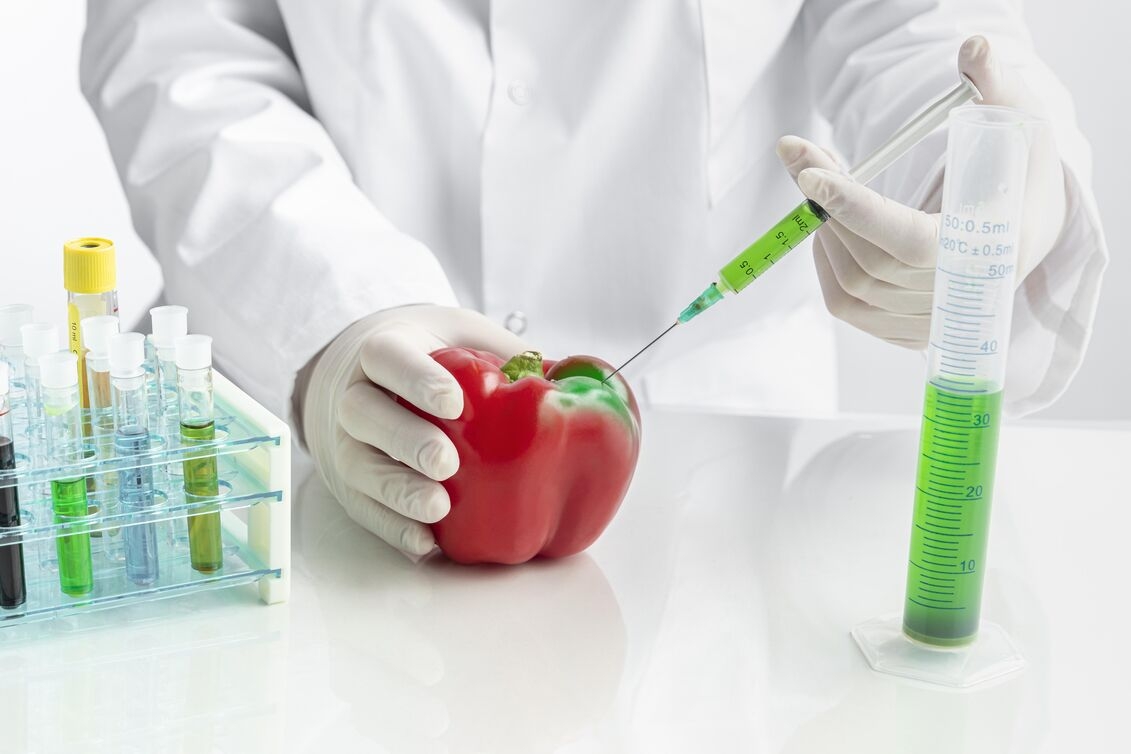education

May 17,2025 • 3 min read
HACCP Certification in Vietnam: A Step Towards Food Safety and Quality

Introduction to HACCP Certification
HACCP (Hazard Analysis and Critical Control Points) certification is a globally recognized standard for ensuring food safety. It provides a systematic approach to identifying, evaluating, and controlling food safety hazards throughout the entire food production process. In Vietnam, HACCP certification has gained increasing importance as the country’s food industry grows and its global trade connections expand. This certification assures consumers and international partners that food products are safe, high-quality, and comply with rigorous safety standards.
The Importance of HACCP in Vietnam
As Vietnam becomes one of the leading food exporters in Southeast Asia, meeting international food safety standards is vital for accessing global markets. HACCP certification helps businesses not only comply with regulations but also enhances their reputation for quality and safety. The Vietnamese government has increasingly emphasized the adoption of international food safety standards to boost exports, especially to markets in the EU, USA, and Japan. For local consumers, the certification also offers peace of mind about the quality and safety of their food.
Key Elements of HACCP Certification Process
The HACCP certification process involves a detailed analysis of the food production process to identify any potential hazards that could affect food safety. These hazards could be biological, chemical, or physical. Once identified, critical control points (CCPs) are established to monitor and control these risks. A comprehensive food safety plan is created, documenting procedures and processes to ensure hazards are controlled. Regular monitoring and record-keeping are essential to ensure ongoing compliance. Certification is typically awarded after an audit by a third-party organization to verify that all requirements are met.
Benefits of HACCP Certification for Vietnamese Businesses
For businesses in Vietnam, obtaining HACCP certification provides multiple benefits. First and foremost, it allows companies to access international markets, as many countries require HACCP certification for imported food products. It also improves internal processes by fostering a culture of safety and efficiency within production facilities. Additionally, it can lead to cost savings by reducing the risk of food recalls and waste. With a growing emphasis on sustainable and ethical business practices, HACCP certification can also enhance a company’s reputation and build trust with consumers.
Challenges of Achieving HACCP Certification in Vietnam
While HACCP certification offers numerous advantages, achieving it can be challenging, especially for smaller businesses. The certification process requires a significant investment of time, money, and resources, particularly for companies that are new to food safety management systems. Implementing proper training for staff, upgrading facilities, and maintaining consistent monitoring can be resource-intensive. Additionally, some businesses may face difficulties in keeping up with evolving international standards, which require constant updates and revisions to food safety plans.
Conclusion: The Future of HACCP Certification in Vietnam
As the food industry in Vietnam continues to evolve and integrate more with global markets, the adoption of HACCP certification will only become more important. It plays a pivotal role in ensuring food safety, improving production efficiency, and supporting the country’s export growth. By meeting the standards set by HACCP, Vietnamese businesses not only safeguard the health of consumers but also position themselves as leaders in the competitive global food industry.
Hamilton Dallas Details
User Profile
- Full name
- Hamilton Dallas
- Email address
- hamiltondallas55@gmail.com
- Join Date
- 2025-03-28
- State
- City
- Pincode
- Address
- Follow us on Facebook
- Follow us on Twitter
- Website Name
- Bio